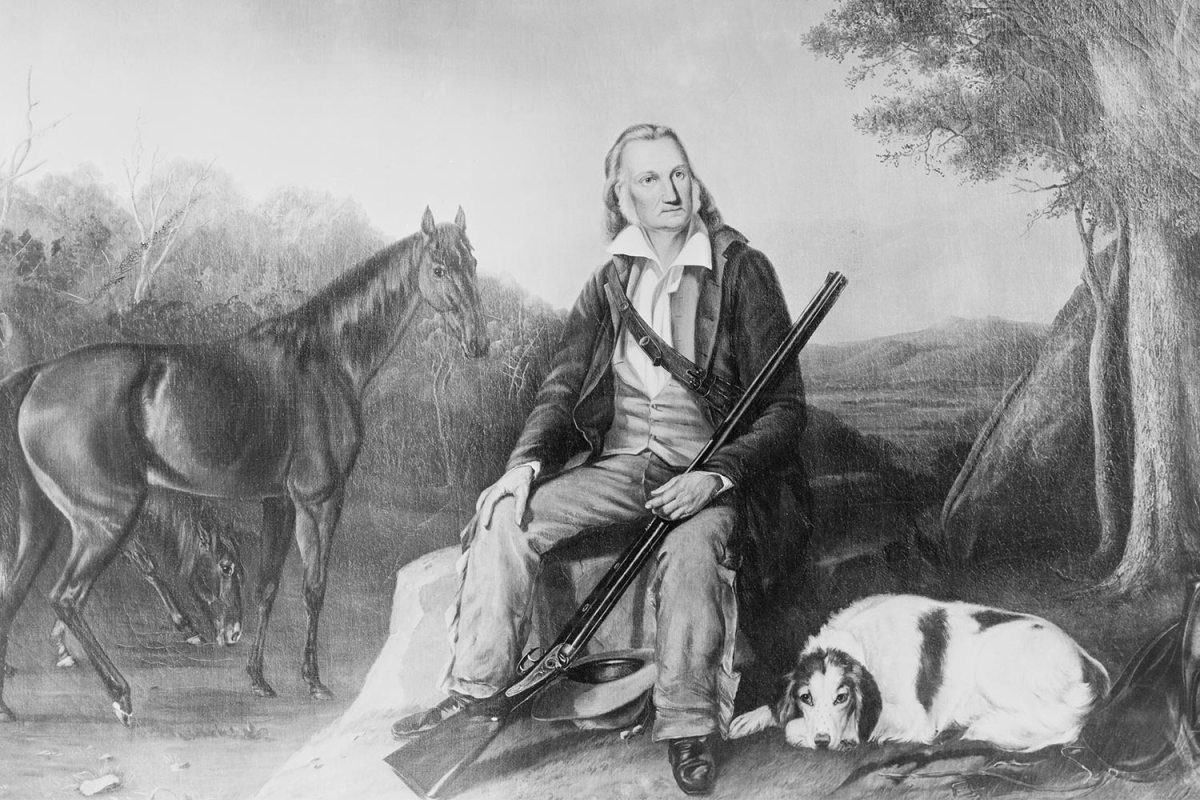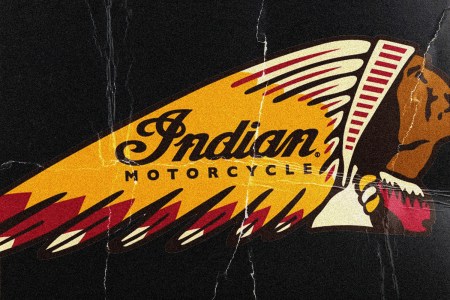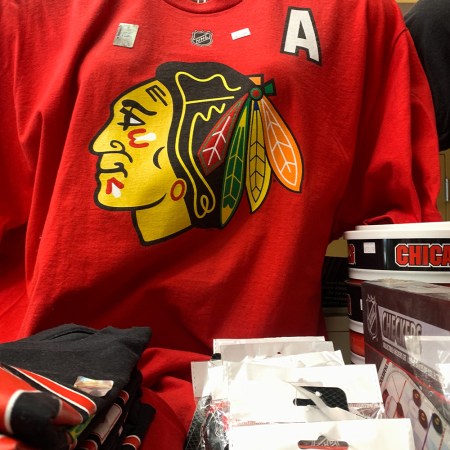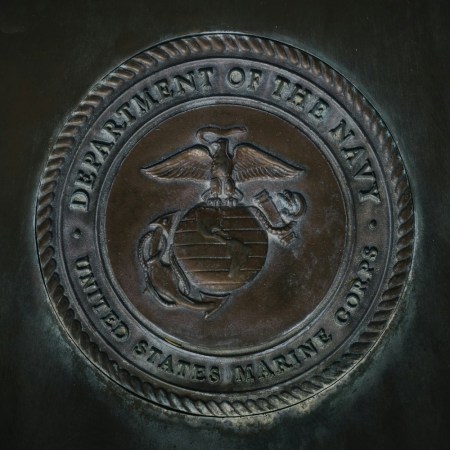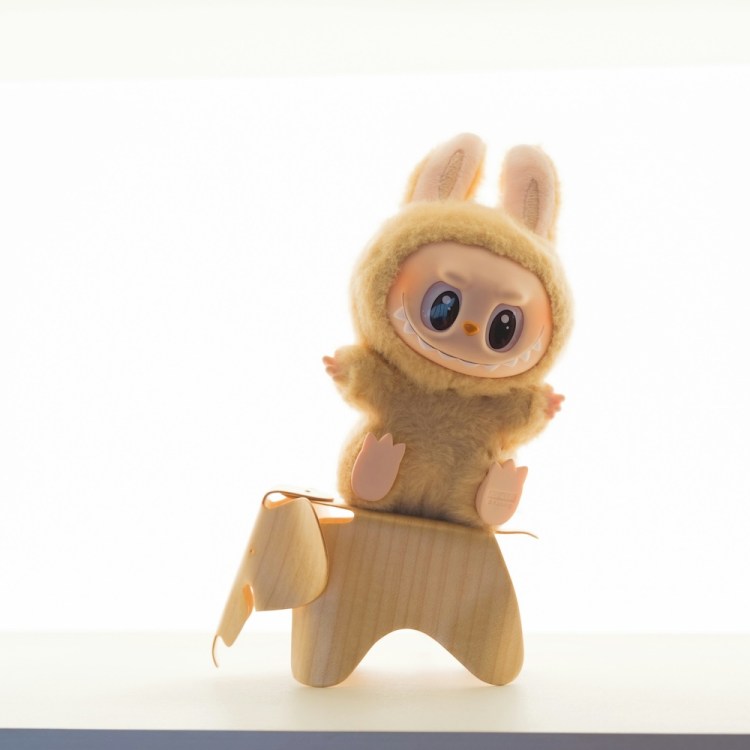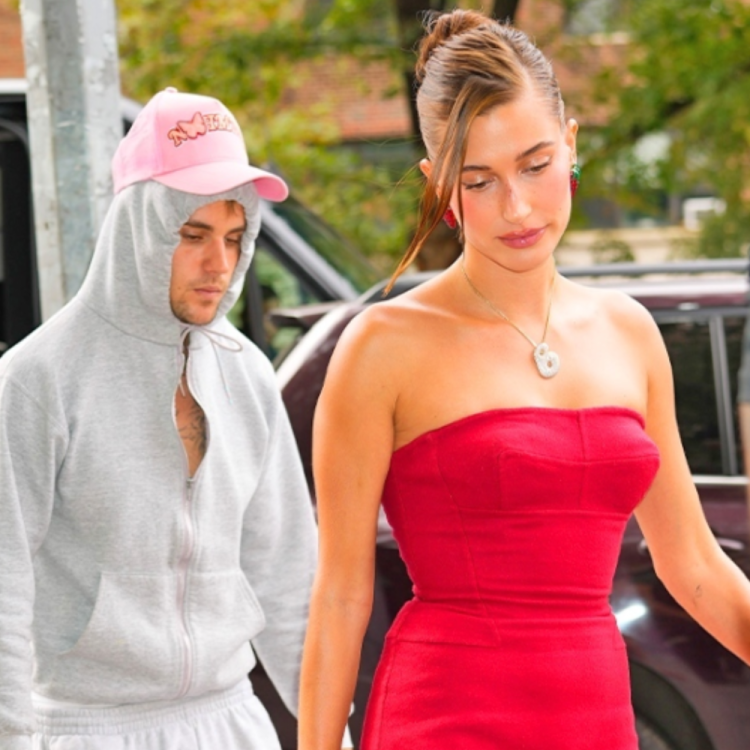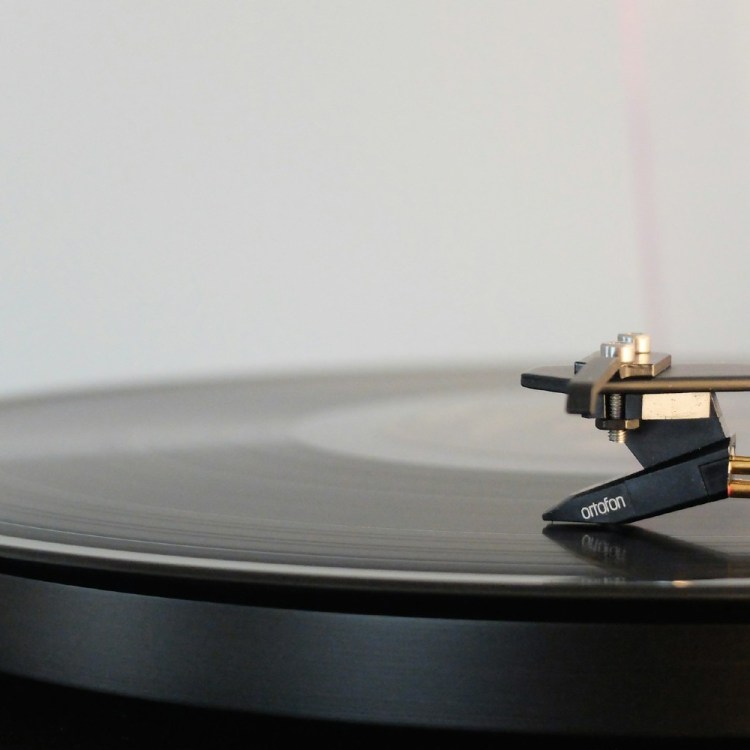McCarran International Airport is now Harry Reid International Airport. Aunt Jemima is now Pearl Milling Company, and Uncle Ben’s is Ben’s Original. The Dixie Chicks are now simply known as the Chicks. But the National Audubon Society? After more than a year spent evaluating the issue, the bird conservation group has decided against a name change despite the racist actions and views of its namesake.
On Monday, the board of directors for the National Audubon Society (NAS) voted in favor of keeping the name of John James Audubon, “the founding father of American birding,” despite his history as an enslaver. As The Washington Post reported, after the 26 board members (eight of whom are people of color) voted to uphold the Audubon name, three resigned. A final breakdown of the vote was not made public.
The retention of the moniker is framed by NAS — which has independent regional branches that have opted for their own name changes — not as an acceptance of John James Audubon’s deeds, but as an acknowledgement that the word “Audubon” has transcended its originator. (John James Audubon did not found the organization; his name was used by women who formed NAS in 1905.)
“The name has come to represent so much more than the work of one person, but a broader love of birds and nature, and a non-partisan approach to conservation,” said Susan Bell, chair of the board. “We must reckon with the racist legacy of John James Audubon and embody our [equity, diversity, inclusion and belonging] values in all that we do. In doing so, we will ensure that Audubon stands for an inclusive future in which we unite diverse coalitions to protect birds and the places they need.”
In essence, the national Audubon organization has decided the history of a name is less important than their mission in the present, one that includes not just conservation but also diversity initiatives (a concurrent announcement saw NAS allocating $25 million towards the latter). Will others follow suit?
In the Reckoning Over Cultural Appropriation, Should Indian Motorcycle Change Its Name?
We spoke with the president of Indigenous biker group Redrum, academics and the brand itself about their controversial insigniaAlmost three years after the murder of George Floyd by police and the subsequent national reckoning over systemic racism in this country, the movement to change the names of companies, buildings, geographical sites, sports teams and other entities that have racist connotations (a movement so big it has its own Wikipedia page) may be running out of steam, at least in cases where the bigotry isn’t so cut and dry. A word like “squaw” — which has a historical context of being “used as an offensive ethnic, racial, and sexist slur, particularly for Indigenous women,” per the U.S. Department of the Interior — may continue to be scrubbed from geographic sites, but other naming discussions could be moving away from the idea of changing well-known titles to the possibility of reframing them.
In another high-profile case, the Kansas City Chiefs have faced pressure for years to change their name, pressure that continues to make headlines as the NFL team finds their way to the playoffs and Super Bowl. But as the Arizona Republic explained before this year’s Chiefs-Eagles championship game, the team “initiated a working group of local Native people to advise them” who ended up “[deciding] they were fine with the name.” Elsewhere in the sports world, the Indianapolis Indians, a Triple-A affiliate of the Pittsburgh Pirates, said last month it would not be changing its name, and instead create a partnership with the Miami Nation of Indians of Indiana.
Is it possible for a historical figure’s positive contributions to society to be acknowledged alongside the recognition of a practice evil as slavery? Can a name morph over time to transcend its baggage? And can initiatives to support historically marginalized groups — whether it’s Black Americans or the Indigenous people of this country — sufficiently reframe the moniker of an organization? At least according to the board of the National Audubon Society, the answer is yes.
Thanks for reading InsideHook. Sign up for our daily newsletter and be in the know.
